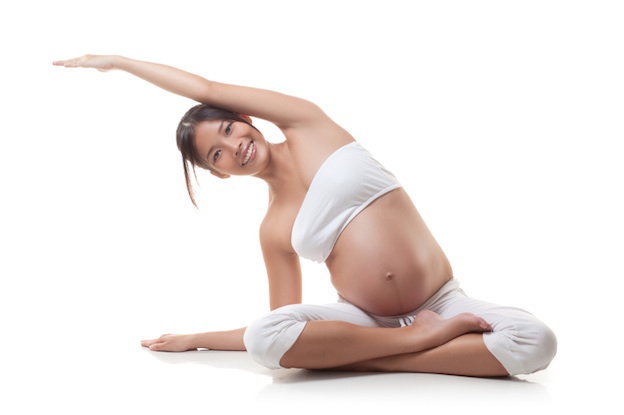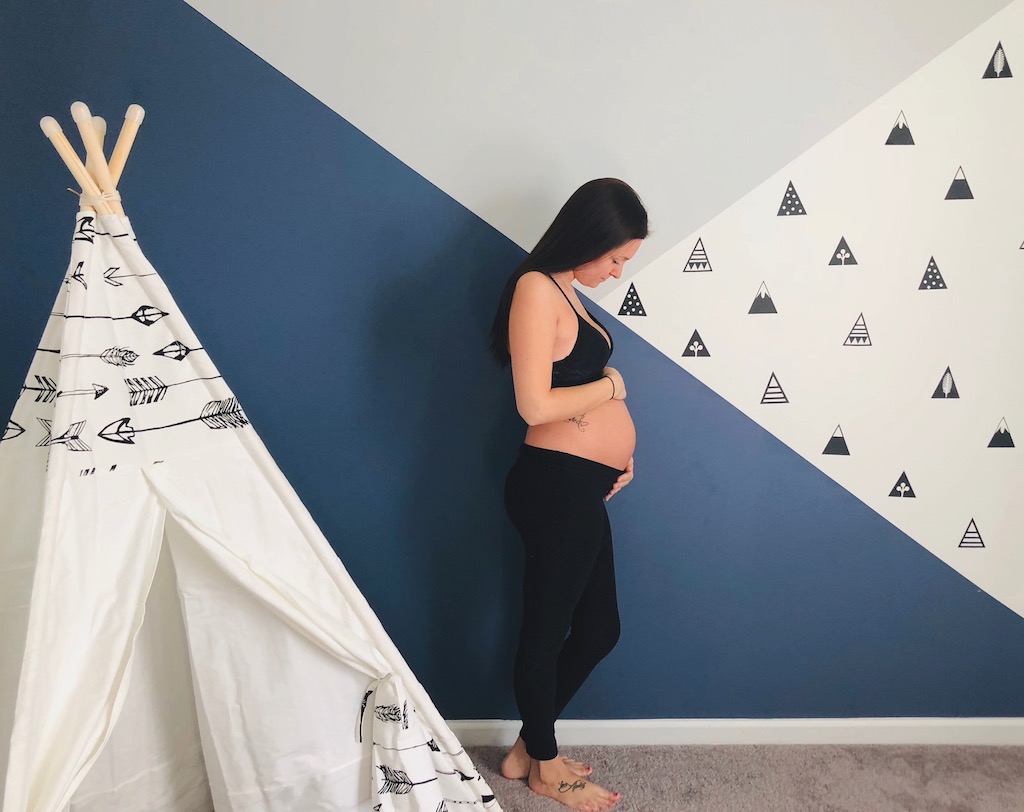SingaporeMotherhood | Pregnancy
April 2020
Exercise during Pregnancy: What you need to know

Exercise has multiple benefits for everyone, especially when you are pregnant. So no matter how tempting, unless there are valid reasons to do so, pregnancy is not an excuse to stop exercising. As Dr Claudia Chi of Astra Women’s Specialist (Paragon) advises, mums-to-be should maintain an active lifestyle and continue to exercise during pregnancy — within moderation of course — unless instructed otherwise by her doctor.
That’s because exercise during pregnancy can:
- help reduce backache, constipation, and leg swelling
- improve general fitness
- improve the ability to cope with labour
- promote emotional wellbeing and quality of sleep
- decrease the risk of pregnancy complications such as gestational diabetes and preeclampsia
(See also: 4 Mental Strategies to Prepare yourself for Labour and Delivery)
It also helps with labour and delivery
Exercise helps to increase the overall fitness level of the mother which can result in shorter labour, fewer medical interventions, and less exhaustion during labour. It leads to better endurance that is needed to get through labour. Strengthening the pelvic floor muscle through Kegel exercises or squats can also help to prepare the pelvic floor muscles for birth and better bladder control.
How often to exercise
In general, 30 minutes of moderate-intensity exercise on five or most days of the week would be ideal. For those new to exercise, it is best to start slowly and gradually increase the activity. For those who were very active before pregnancy, it is most likely safe to maintain the same level during pregnancy following the assessment by her doctor.
Types of exercise to do

Suitable and beneficial exercises during pregnancy include walking, swimming, prenatal yoga and Pilates, as well as low impact aerobics. Walking provides a total body workout and is fairly easy on the joints and muscles. Swimming allows the water to support the bodyweight, thus reducing muscle strain and risk of injury. Prenatal yoga and Pilates are designed for pregnant women. They help to improve flexibility and encourage stretching and focused breathing.
(See also: Prenatal Yoga: All You Need to Know)
Precautions to take
There are few precautions to keep in mind if you plan to exercise during pregnancy.
- Keep well-hydrated by drinking plenty of water before, during and after exercise.
- Avoid becoming overheated. Wear loose-fitting clothing, exercise in a temperature-controlled room, and avoid exercising outside when it is very hot.
- Avoid standing still or lying flat on your back whenever possible. This is because when you lie on your back your womb can press on the blood vessel that returns blood to the heart, and when you stand still your blood can pool in your legs and feet. These positions can cause your blood pressure to drop for a short period.
- Wear a good sports bra to support and protect your breasts.
- Do not do activities that increase the risk of injury, such as contact sports that can cause injury to the abdomen. Avoid activities such as water skiing, off-road cycling, and horse riding that may result in a fall. Stop doing hot yoga and hot Pilates as they can cause overheating. If you are in doubt, it is best to consult your doctor regarding the suitability of the exercise before doing them during pregnancy.
When to not exercise during pregnancy

If you have certain conditions or pregnancy complications, your doctor will advise you not to exercise during pregnancy. These conditions include certain types of heart and lung diseases, cervical insufficiency or cerclage, low lying placenta, severe anaemia and preterm labour or ruptured membranes. Therefore do remember to get an assessment by your obstetrician to check your suitability to exercise.
There are also several warning signs. Look out for:
- vaginal bleeding
- regular painful contractions
- amniotic fluid leakage
- dizziness
- shortness of breath
- headache
- chest pain
- calf pain or swelling
It is very important to listen to your body: if exercise during pregnancy hurts or is uncomfortable, then you should stop.

Dr Claudia Chi is a specialist in Obstetrics and Gynaecology (O&G) with almost 20 years of experience. She graduated from Imperial College London, UK in 2000, and completed O&G training at the London Deanery. Upon coming to Singapore in 2013, Dr Chi joined the O&G department at the National University Hospital. She was the Lead Clinician of the Delivery Suite, and also chaired the obstetrics risk management committee.
Header and Featured images: Rikki-Lee Wrighson on Scopio
All content from this article, including images, cannot be reproduced without credits or written permission from SingaporeMotherhood.
Follow us on Facebook, Instagram, and Telegram for the latest article and promotion updates.





